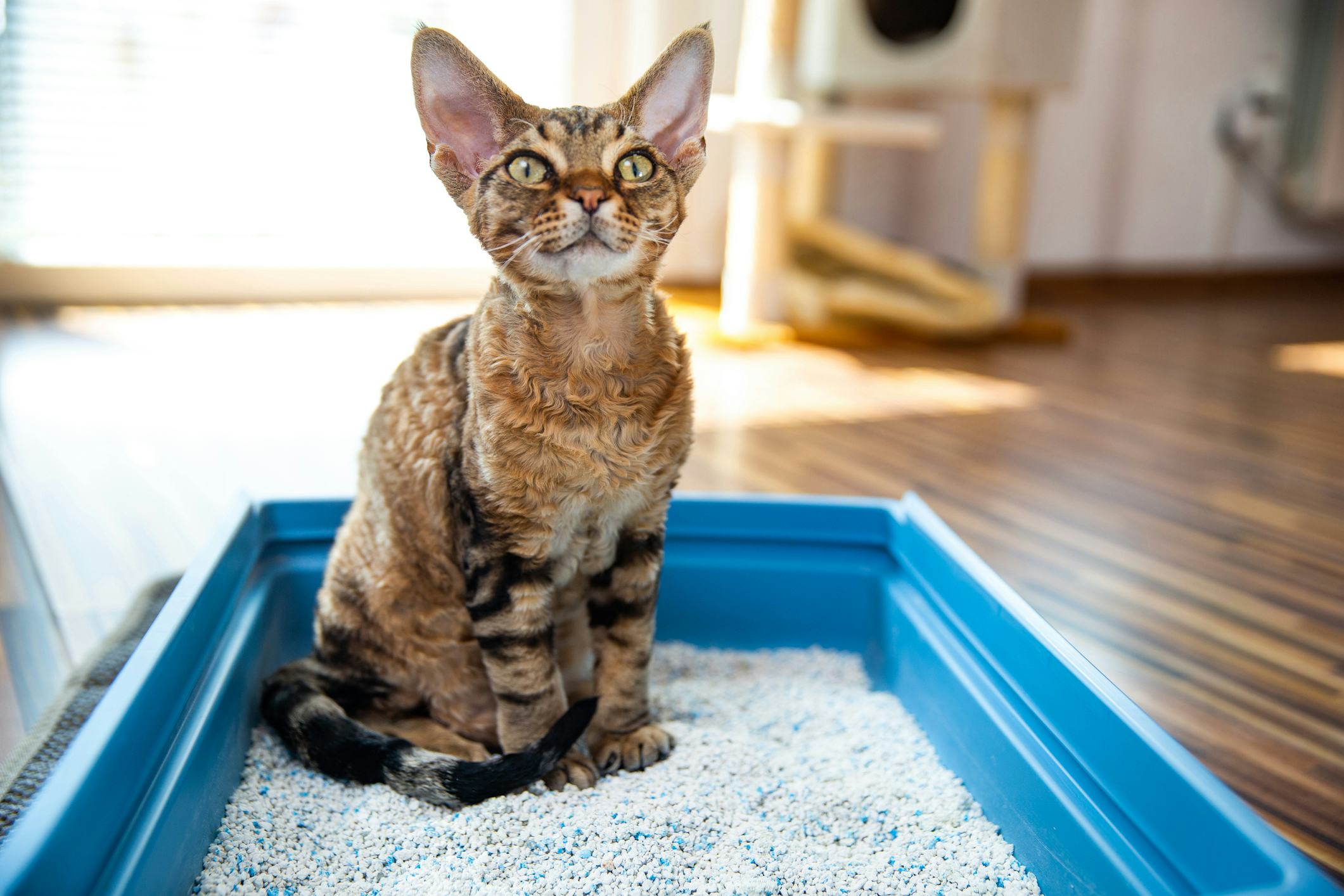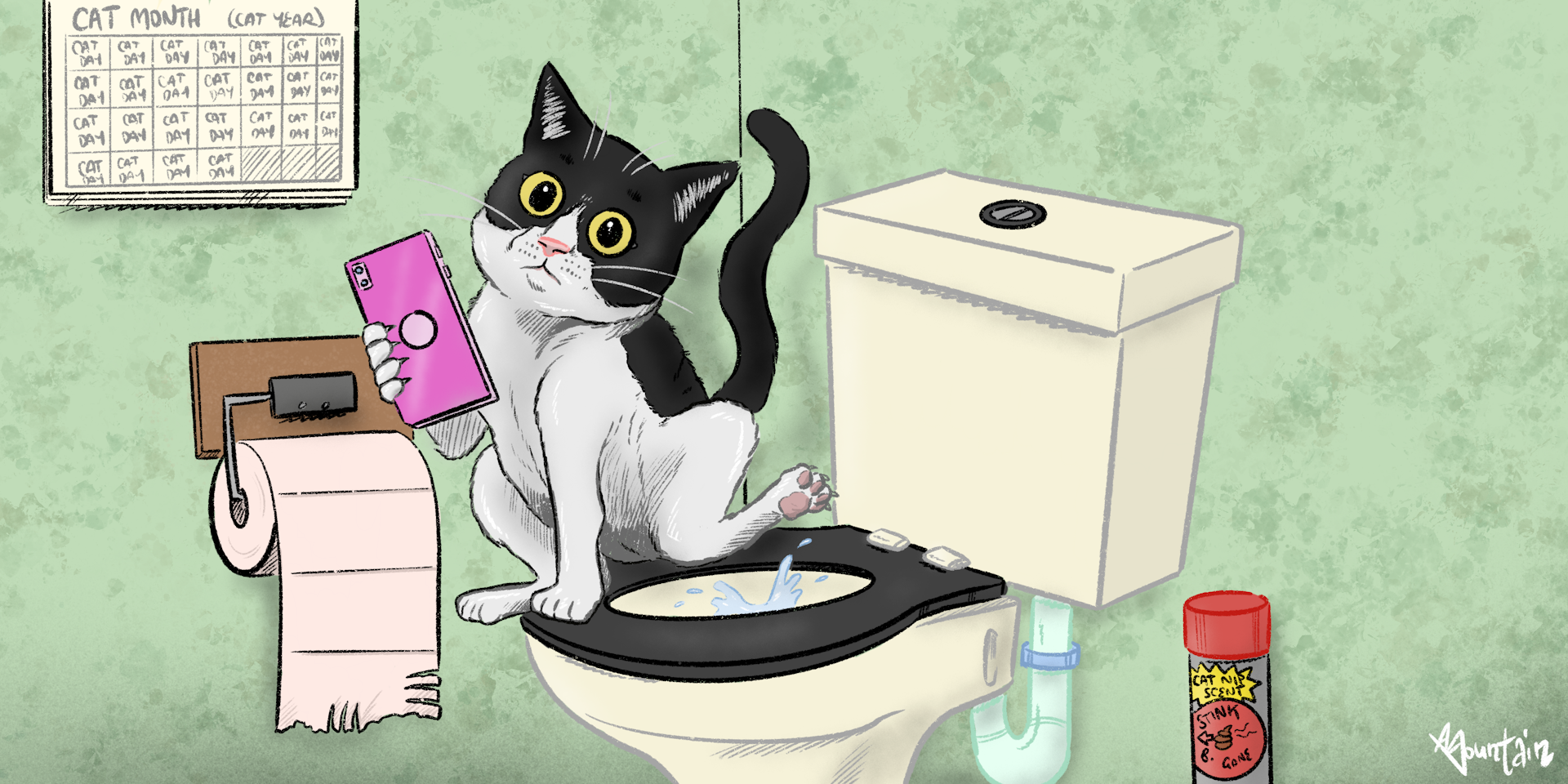Potential Issues of Flushing Cat Poop Down Your Toilet - Safeguard Your Plumbing
Potential Issues of Flushing Cat Poop Down Your Toilet - Safeguard Your Plumbing
Blog Article
We've unearthed this post relating to Don’t flush cat feces down the toilet directly below on the internet and accepted it made sense to write about it with you over here.

Intro
As feline owners, it's important to bear in mind how we take care of our feline good friends' waste. While it may appear hassle-free to flush pet cat poop down the toilet, this technique can have detrimental effects for both the atmosphere and human health.
Environmental Impact
Purging cat poop presents harmful microorganisms and bloodsuckers into the water system, posing a considerable threat to water ecosystems. These pollutants can adversely affect aquatic life and concession water quality.
Health and wellness Risks
In addition to ecological worries, flushing feline waste can additionally posture health and wellness risks to human beings. Feline feces may consist of Toxoplasma gondii, a parasite that can trigger toxoplasmosis-- a possibly severe illness, specifically for expecting women and individuals with damaged immune systems.
Alternatives to Flushing
The good news is, there are much safer and more liable ways to deal with feline poop. Take into consideration the following options:
1. Scoop and Dispose in Trash
The most usual technique of disposing of feline poop is to scoop it into a naturally degradable bag and toss it in the trash. Make certain to make use of a devoted clutter scoop and deal with the waste promptly.
2. Usage Biodegradable Litter
Choose eco-friendly pet cat clutter made from materials such as corn or wheat. These clutters are environmentally friendly and can be securely gotten rid of in the trash.
3. Bury in the Yard
If you have a yard, take into consideration burying cat waste in a designated location far from veggie yards and water resources. Be sure to dig deep adequate to stop contamination of groundwater.
4. Install a Pet Waste Disposal System
Invest in a family pet waste disposal system especially made for pet cat waste. These systems utilize enzymes to break down the waste, reducing odor and ecological influence.
Verdict
Liable family pet ownership prolongs beyond providing food and sanctuary-- it likewise includes proper waste management. By avoiding purging feline poop down the commode and going with alternate disposal techniques, we can reduce our environmental impact and secure human health and wellness.
Why You Should Never Flush Cat Poop Down the Toilet
A rose by any other name might smell as sweet, but not all poop is created equal. Toilets, and our sewage systems, are designed for human excrement, not animal waste. It might seem like it couldn’t hurt to toss cat feces into the loo, but it’s not a good idea to flush cat poop in the toilet.
First and foremost, assuming your cat uses a litter box, any waste is going to have litter on it. And even the smallest amount of litter can wreak havoc on plumbing.
Over time, small amounts build up, filling up your septic system. Most litter sold today is clumping; it is made from a type of clay that hardens when it gets wet. Ever tried to scrape old clumps from the bottom of a litter box? You know just how cement-hard it can get!
Now imagine just a small clump of that stuck in your pipes. A simple de-clogger like Drano isn’t going to cut it. And that means it’s going to cost you big time to fix it.
Parasitic Contamination
Believe it or not, your healthy kitty may be harboring a nasty parasite. Only cats excrete Toxoplasma in their feces. Yet it rarely causes serious health issues in the cats that are infected. Most people will be fine too if infected. Only pregnant women and people with compromised immune systems are at risk. (If you’ve ever heard how women who are expecting are excused from litter cleaning duty, Toxoplasma is why.)
But other animals may have a problem if infected with the parasite. And human water treatment systems aren’t designed to handle it. As a result, the systems don’t remove the parasite before discharging wastewater into local waterways. Fish, shellfish, and other marine life — otters in particular — are susceptible to toxoplasma. If exposed, most will end up with brain damage and many will die.
Depending on the species of fish, they may end up on someone’s fish hook and, ultimately on someone’s dinner plate. If that someone has a chronic illness, they’re at risk.
Skip the Toilet Training
We know there are folks out there who like to toilet train their cats. And we give them props, it takes a lot of work. But thanks to the toxoplasma, it’s not a good idea.

We hope you liked our post on How to Dispose of Cat Poop and Litter Without Plastic Bags. Many thanks for taking time to read our post. You should take the opportunity to share this write-up if you appreciated it. I praise you for your time. Please check up our site back soon.
Free Quote Report this page